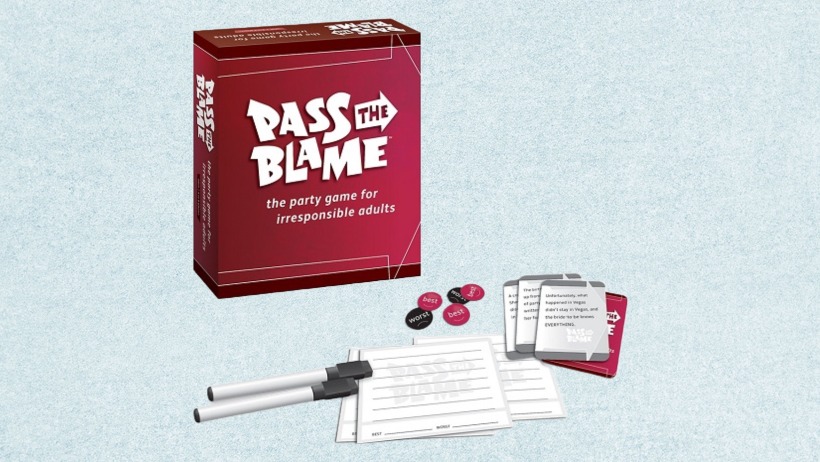“It wasn’t me.” It’s a common phrase among kids when a situation has gone south. However, adults seem to be just as guilty of passing blame when no one wants to take responsibility for what’s gone wrong. Why? Because as humans it’s usually in our nature to do that which is right, and we’ll try to avoid shame at all costs. It can be hard to tell when someone is ashamed because we humans have evolved into amazing actors. A dog puts their tail between their legs, but humans have a range of emotional subtleties and better mechanisms to hide our true feelings. Does that mean there’s some evolutionary reason behind passing the blame?

Avoiding responsibility could have any number of causes. Perhaps it’s the weight of feeling like you’ve let someone down. Perhaps you feel you did your part and it was someone else who didn’t, and there’s no easy way to say that. Whatever the circumstances, sharing blame always feels easier than shouldering that burden on our own.
The Torah often gives us glimpses into understanding temptation and the motivation that goes with it, and this week’s Torah portion is no exception. Parshat Vaetchanan continues with the retelling of the laws here again in the book of Deuteronomy. We also read about God’s persistent refusal to allow Moses to enter the Land of Israel. The Torah then issues a caution to uphold the mitzvot as the key to building an Israelite society. Moses then sets three cities of refuge, and we receive probably the most well-known instruction in the Torah, the Shema.
As Moses moves towards the end of his tenure as the leader of the Israelite nation, it’s clear that he is devoted to doing what is right for the people, but after so much time arguing on their behalf and defending them, he’s a little bit worn out. In chapter 4, verse 21 he suddenly changes his language. Instead of arguing for ALL the people, including himself, he argues “the Lord was angry with me on your account.” Such to say, God is mad at me because I am responsible for you.
One could argue that it was Moses’s missteps as a leader that set him up to take responsibility for the missteps of the people in this text. Another argument could be that Moses did all he could to guide the people, and yet they still made mistakes, they didn’t listen, and they caused harm. But the bigger message here is that leaders, like Moses, do more than inspire or rally or blaze a trail. They are willing to accept responsibility, for better or worse.



